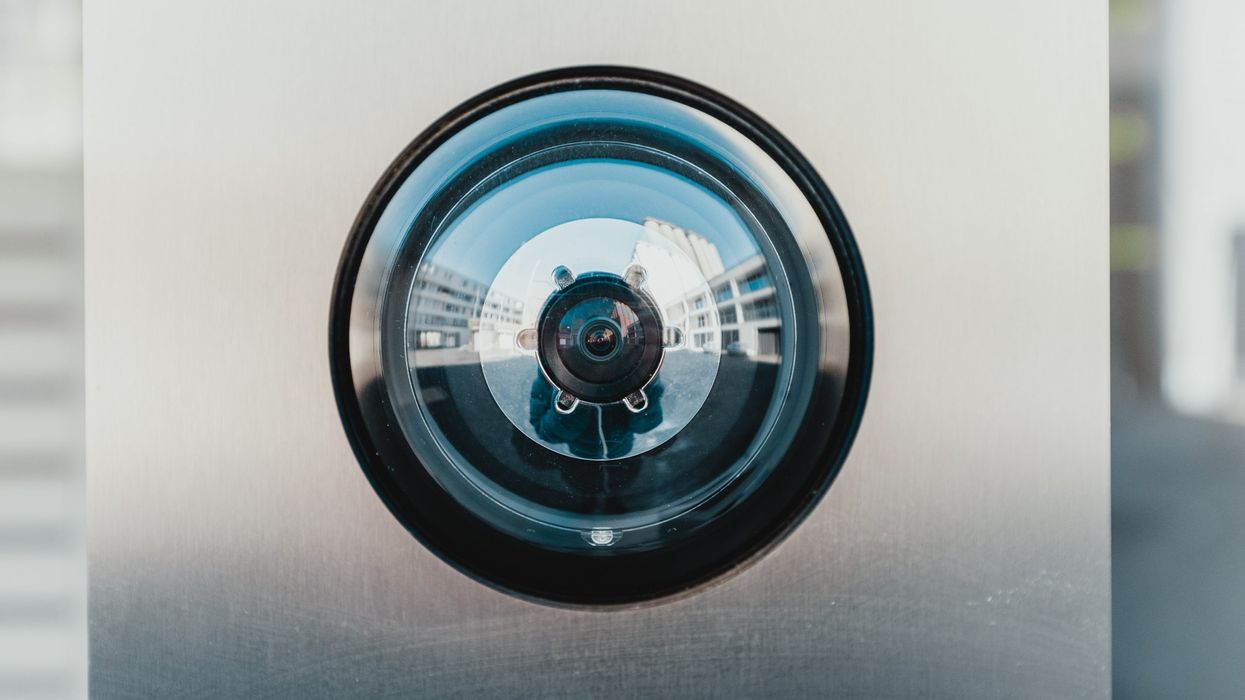In news that should come as huge relief to the majority of condo owners in this city, police don’t have the right to randomly install cameras in condo buildings without a warrant.
Even if your condo board approves the the measure – police are still bound to issue one.
According to the Toronto Star, this decision was arrived at this Monday by the Ontario Court of Appeal as a result of a previous legal grey-zone when, earlier this year, police secretly recorded condo hallways to track suspected criminal activity.
The decision represents a huge moment in the privacy rights of condo owners who now in law possess the same limitations as homeowners.
When discussing the privacy breach this past March, Nader Hasan, a criminal and constitutional lawyer, told the Hamilton Spectator: “It's often said that a man's house is his castle, but what about his or her condominium building? There is uncertainty in the law about whether condominium dwellers enjoy a reasonable expectation of privacy in the common areas of their condominium buildings.”
Now the answer is a definitive “no” to any uncertainty.
READ: First-Time Home Buyers Incentive Limits Torontonians To Buying Condos
“The installation of hidden cameras by the state is not something that condominium residents would reasonably expect the board to do in carrying out its management duties,” wrote Justice Michael Tulloch.
He noted that allowing police into a condo building could be the decision of the board, whereas having cameras installed was a whole other matter.
“As the appellants put it, the camera never blinks,” he said. “Continuous surveillance over an extended period of time reveals more personal information about its subjects than do discrete and purpose-oriented individual entries.”
READ: First-Time Home Buyers Incentive Limits Torontonians To Buying Condos
“This is a very important decision for condo residents,” said Brenda McPhail, the Canadian Civil Liberties Association’s director of privacy, technology, and surveillance.
A warrant implies that the invasion of privacy has seriously been considered by a judge who decides whether it is necessary under the law. However, McPhail emphasized that a condo board is not equipped to make those decisions.
The trial follows a high level investigation on Joe Shuster Way which accidentally caught images of a woman in her bathrobe or underwear through her open condo door via an opposing mirror. She was not a target in the surveillance however, thus causing the invasion of privacy.
The big takeaway: just because you can’t afford a home in the GTA doesn’t mean you aren’t entitled to privacy.





















